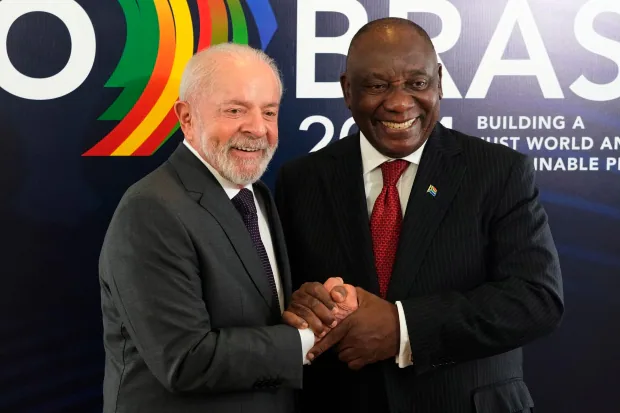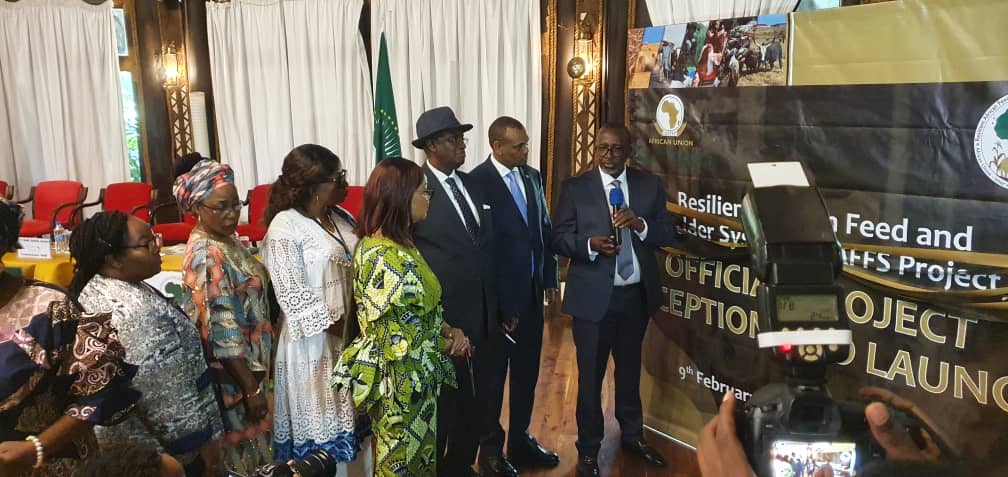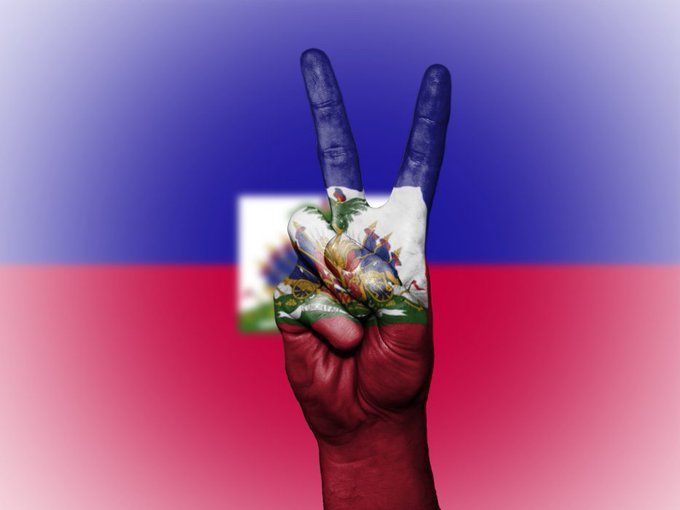By Eddah Waithaka
The Pan-African Climate Justice Alliance (PACJA) is deeply concerned by U.S. Secretary of State Marco Rubio’s decision to boycott the G20 Summit in South Africa, a move that undermines the spirit of global cooperation and dismisses Africa’s crucial role in addressing pressing global challenges, including climate change.

Reports indicate that Secretary Rubio justified his decision by citing concerns over South Africa’s geopolitical stance, particularly its positions on Russia-Ukraine relations, Israel-Palestine, and its membership in BRICS.
According to Rubio, South Africa’s foreign policy choices “do not align with U.S.interests,” making high-level diplomatic engagement untenable.This rationale is deeply flawed and sets a dangerous precedent. The G20 is a platform for multilateral dialogue, not an arena for ideological ultimatums and tantrums that have become characteristic of President Donald Trump’s administration. Africa, and South Africa in particular, has every right to define its foreign policy based on its national interests and historical context.
The idea that African nations must adhere to Washington’s geopolitical preferences as a precondition for engagement is a remnant of outdated power dynamics that have long hindered truly equitable international relations.
More critically, this boycott sends a damaging signal on global climate action. Africa is the least responsible for climate change but the most affected, and its role in global governance forums like the G20 is essential for shaping fair and just climate solutions.
By refusing to engage, the U.S. risks further eroding its credibility as a partner in the fight for climate justice, particularly in Africa, where 630million people still lack electricity and climate finance remains a broken promise.
Read More On : https://africawatchnews.co.ke/kenya-kicks-off-15th-kemri-annual-health-conference-with-focus-on-innovation/
Dr. Mithika Mwenda, Executive Director of PACJA, stated, “This decision is disappointing and regrettable. Africa is not a passive player in global affairs, and dismissing its role in critical platforms like the G20 only deepens existing inequalities. We urge all global partners, including the United States,to engage constructively and recognize Africa as a vital stakeholder in shaping solutions to shared challenges.”
“African leaders should stand strong against diplomatic theatrics. This moment demands that we renew our push for a truly multipolar world order in which Africa actively participates as an equal player in global decision-making, rather than remaining a spectator,” said Dr. Mwenda.
“It is time for Africa to deepen South-South cooperation,strengthen intra-African trade and investment, and demand accountability from all global partners—including the U.S.—on their climate, SDGs, and development commitments,” he added.
“We must ensure that Washington’s political calculations do not hold Africa’s future hostage. We call on Africa governments to stand firm, defend their sovereignty, and insist on mutual respect in global diplomacy.The world cannot tackle climate change, energy poverty, and global inequality without Africa. Those who choose to disengage do so at their own peril,” noted Dr. Mwenda.
Read More Stories At: https://africawatchnews.co.ke/






